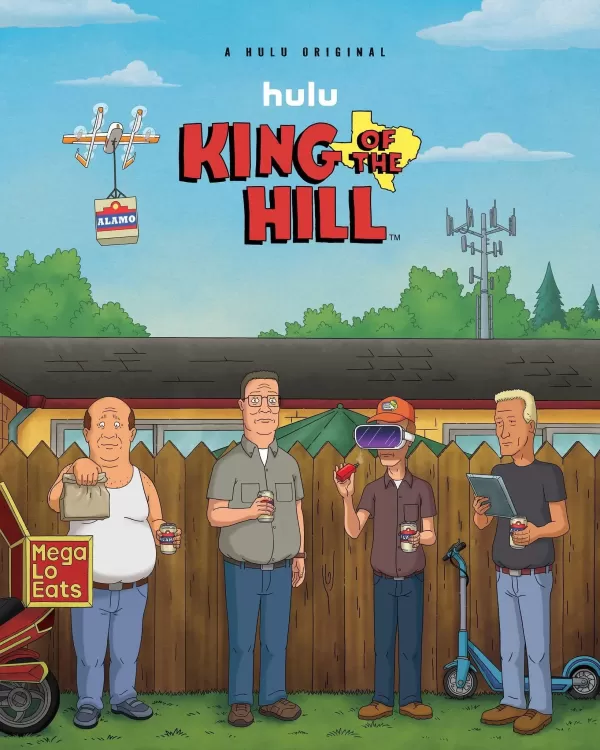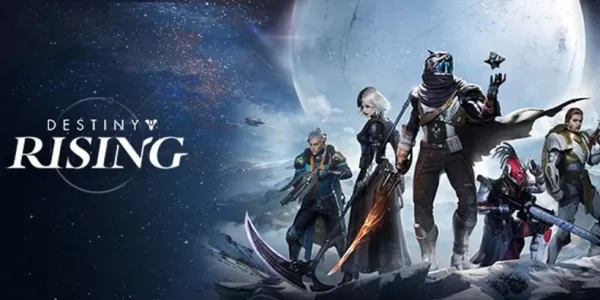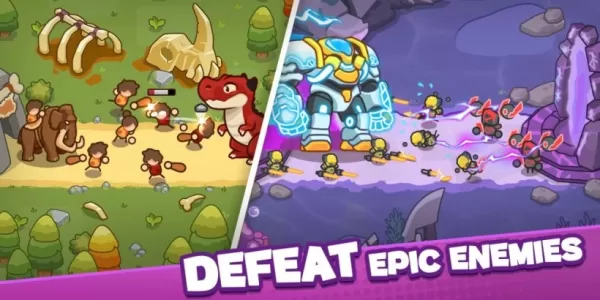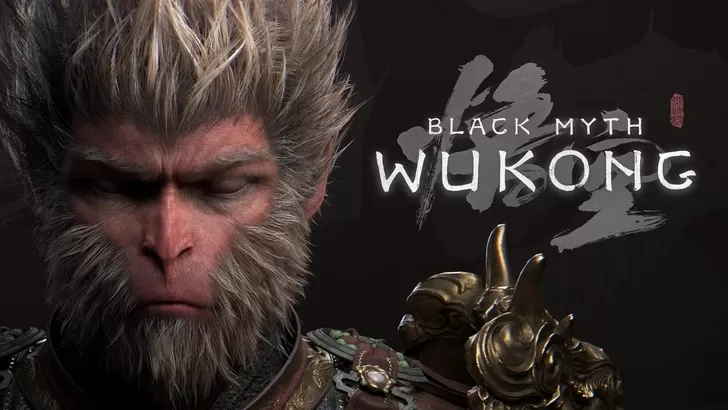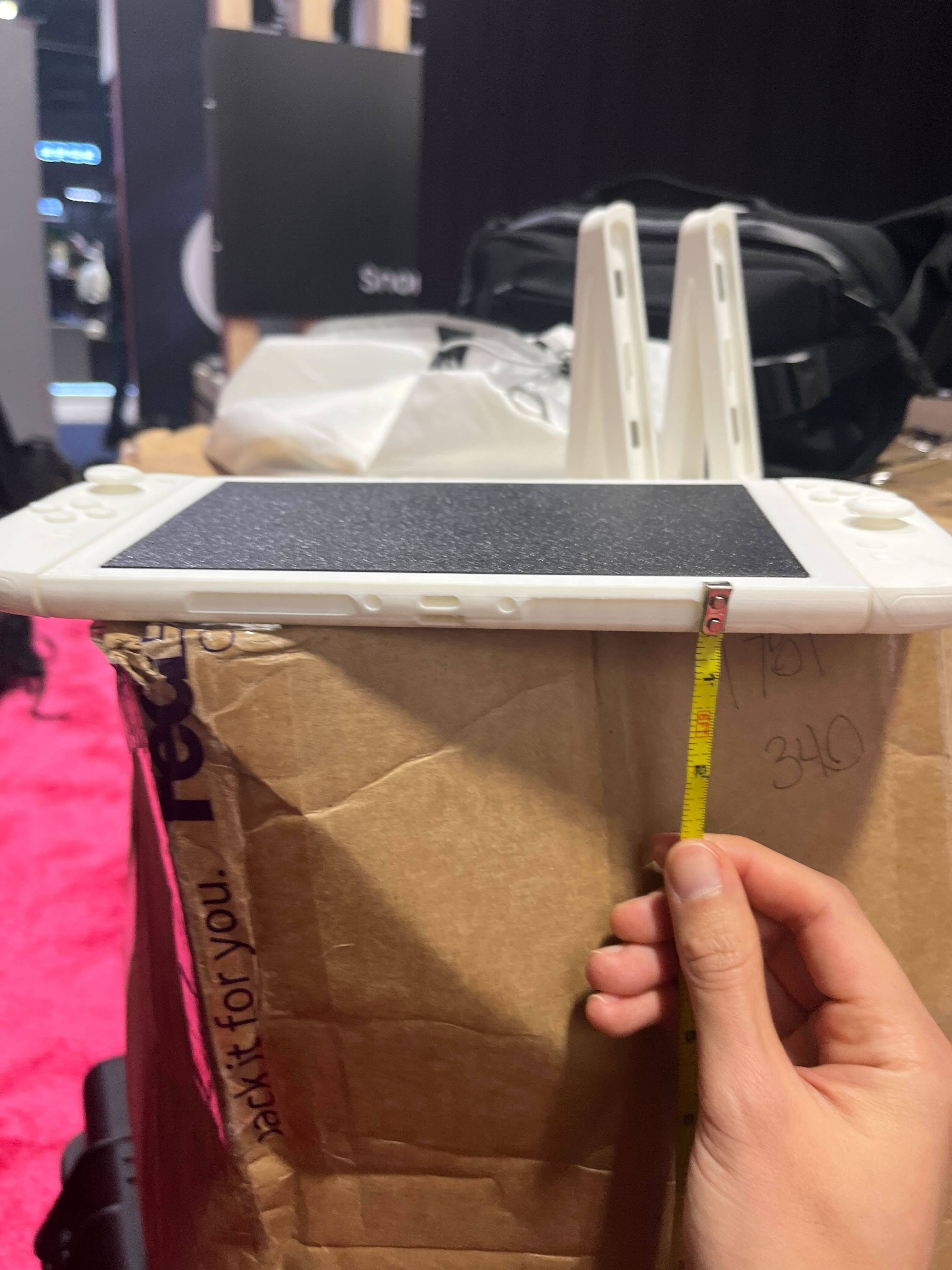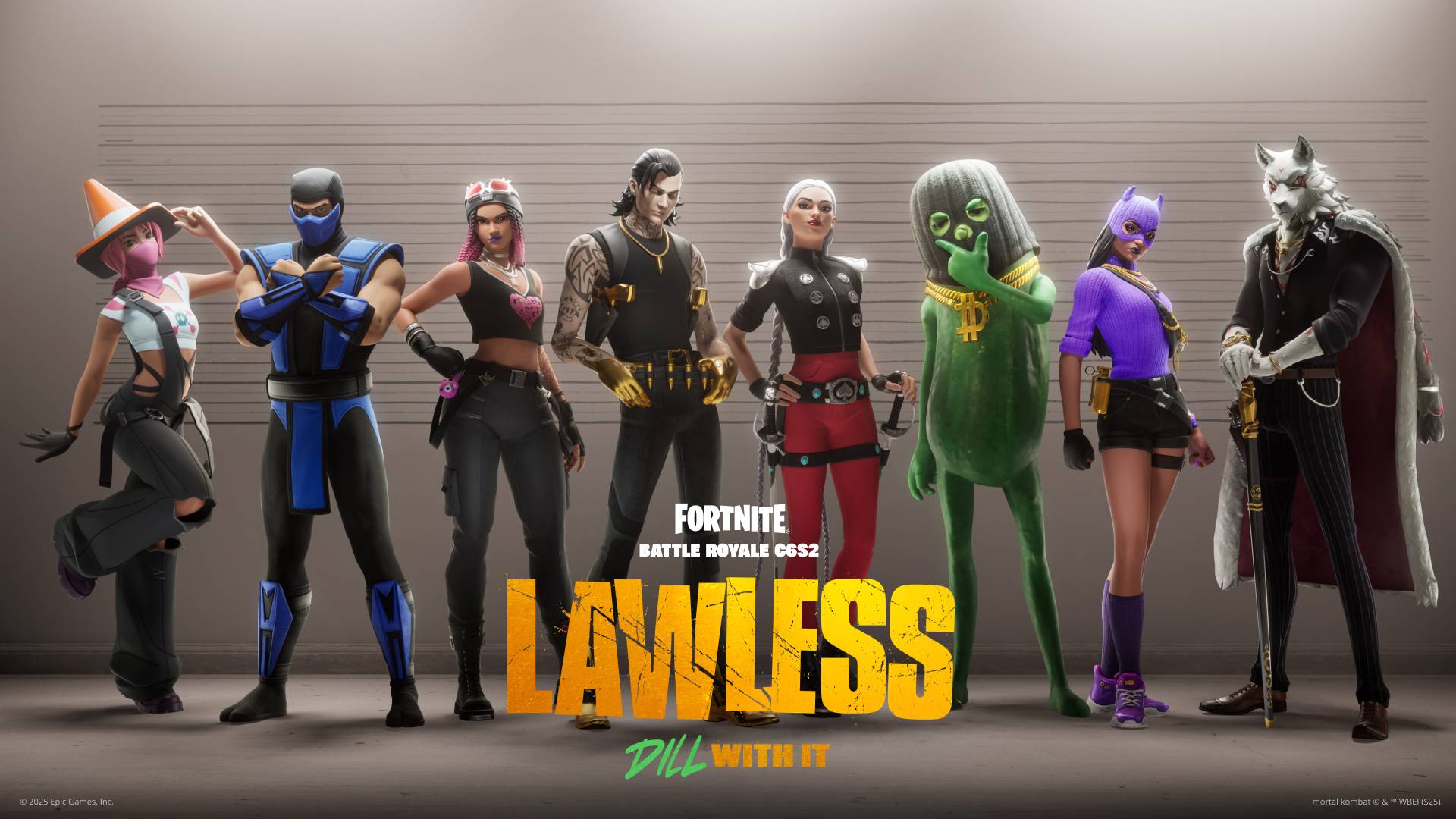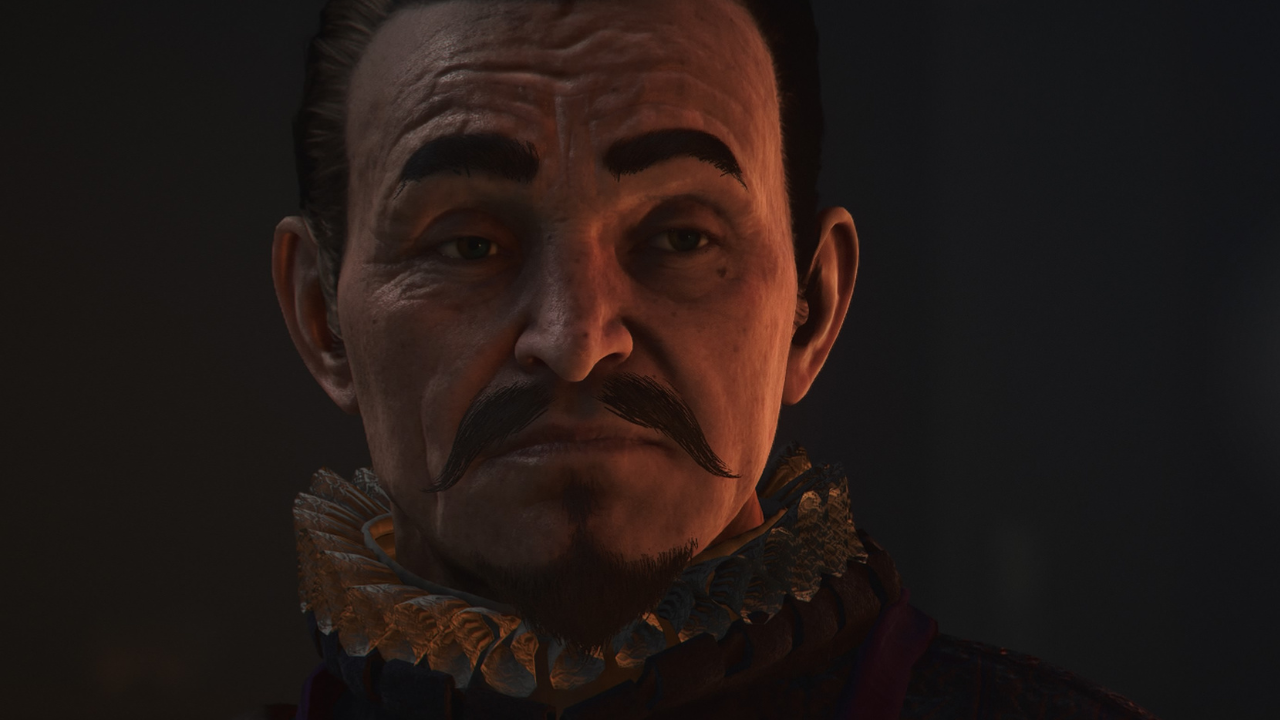SAG-AFTRA and Games Industry Still Far Apart on AI Protections
The Screen Actors Guild - American Federation of Television and Radio Artists (SAG-AFTRA) has issued an update to its members on the status of negotiations regarding video game actor AI protections, indicating that while progress has been made, they remain "frustratingly far apart" from the industry bargaining group on critical issues.
The guild has released a chart that outlines the discrepancies between its proposals and those of the games industry bargaining group, which includes representatives from most major AAA gaming companies. According to SAG-AFTRA's comparison, the following key issues are still unresolved:
- Protection from digital replica or generative AI use for all work, not just work produced after the agreement's effective date.
- A definition of "digital replica": SAG-AFTRA proposes to include any performance, vocal or movement, that is "readily identifiable or attributable to" a performer based on work contracts. The bargaining group prefers the term "objectively identifiable," which SAG-AFTRA argues would allow employers to exclude many performances.
- The inclusion of "movement" performers in the generative AI agreement.
- Using the phrase "real-time generation" to describe generative AI-created performances. The bargaining group suggests "procedural generation," which SAG-AFTRA claims has a different meaning in the gaming context.
- Whether employers must disclose if they will blend a performer's voice with others to create a digital replica.
- Whether employers must disclose if a performer's voice will be used for a real-time chatbot capable of generating any speech, or if it will only be used with scripted dialogue in game development.
- SAG-AFTRA's proposal to withdraw consent for digital replica use during a strike, while employers wish to continue using them, even on struck games.
- The duration of consent for real-time generation: SAG-AFTRA proposes a five-year term, renewable after expiration, whereas the bargaining group seeks unlimited consent for any amount of dialogue.
- The minimum compensation for digital replica creation and use, with multiple disagreements but tentative agreement on bonus pay calculation.
- A proposal from the bargaining group, similar to the SAG-AFTRA TV/Film agreement, that grants employers bonus rights (e.g., easier scheduling, unlimited overtime) in exchange for a premium payment. SAG-AFTRA finds this proposal too broad and likely to undermine union rights but is open to considering it with stricter limits.
- SAG-AFTRA's desire to implement a tracking system to monitor the use of digital replicas and ensure appropriate performer compensation, which the bargaining group deems unfeasible and is only willing to discuss as a possibility.
- Specific definitions and regulations regarding "synthetic" performers, or characters entirely created by generative AI systems.
Despite these unresolved issues, the chart shows that tentative agreements have been reached on several other matters, including bonus pay, dispute resolution, certain elements of minimum compensation, consent requirements, and specific disclosures to performers. However, SAG-AFTRA's letter to its members expresses concern that the bargaining employers may be misrepresenting the proximity to a deal, as SAG-AFTRA believes they are still significantly far apart.
In his letter to members, SAG-AFTRA national executive director and chief negotiator Duncan Crabtree-Ireland highlighted the pressure on employers due to the ongoing strike, as projects continue through the production pipeline. He warned members about the risks of accepting roles without AI protections, which could undermine the strike and leave performers vulnerable to AI misuse without consent or compensation.
In response, Audrey Cooling, spokesperson for the video game industry bargaining group, stated that they have offered a deal that includes over 15% wage increases for SAG-AFTRA represented performers in video games, enhanced health and safety protections, industry-leading terms for AI digital replicas in games, and additional compensation for using an actor's performance in other games. She emphasized their eagerness to return to the bargaining table to finalize an agreement.
The SAG-AFTRA video game strike, now in its eighth month, was triggered specifically by disagreements over AI provisions, despite 24 out of 25 other contract proposals being agreed upon. The impact of the strike is becoming increasingly visible in the gaming industry. Players have noted unvoiced NPCs in games like Destiny 2 and World of Warcraft, likely due to the strike. Late last year, SAG-AFTRA targeted League of Legends after Riot allegedly attempted to circumvent the strike by canceling a game. Activision also confirmed recasting characters in Call of Duty: Black Ops 6 after player feedback on new voices. Most recently, two Zenless Zone Zero voice actors discovered their replacement through the game's latest patch notes.








